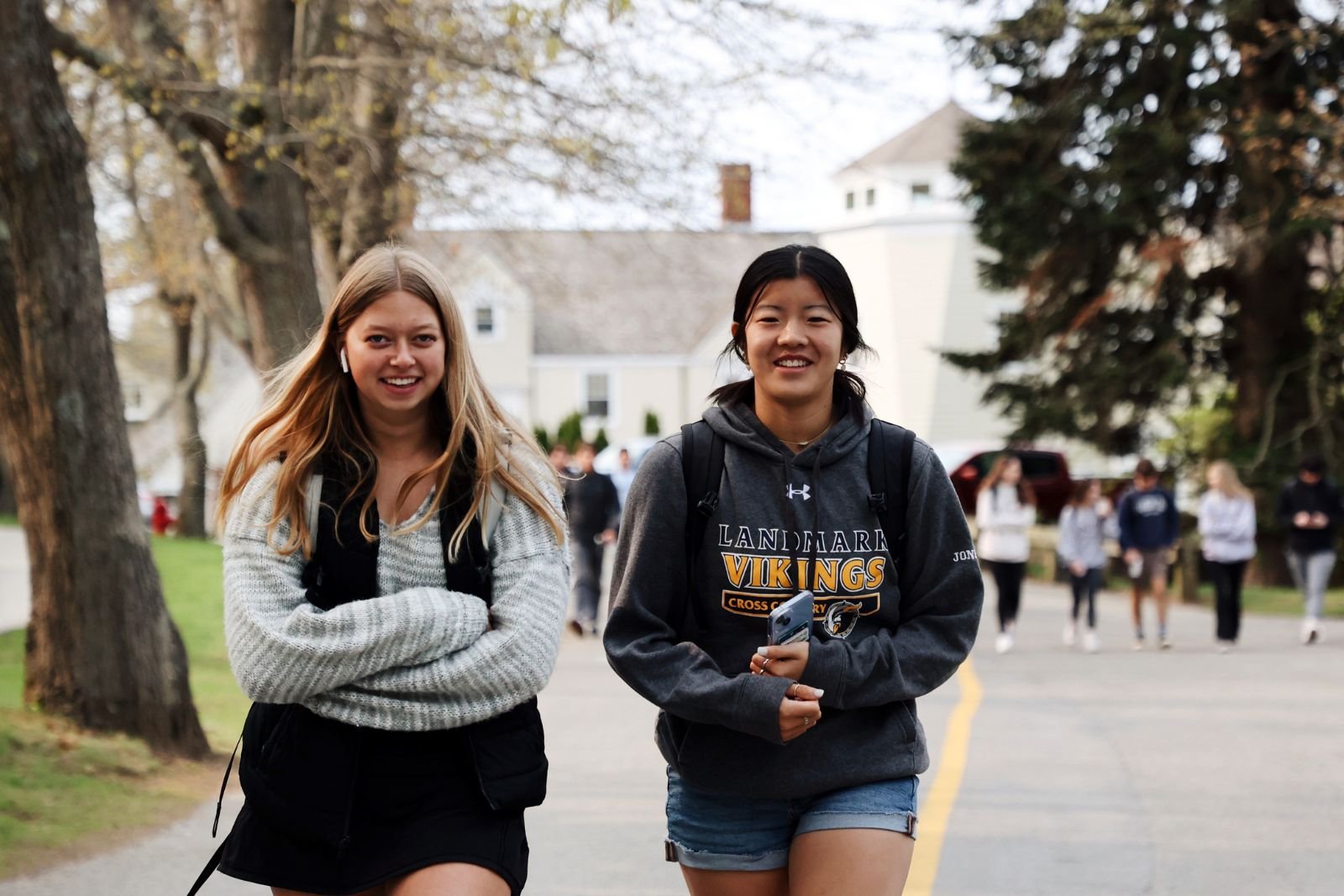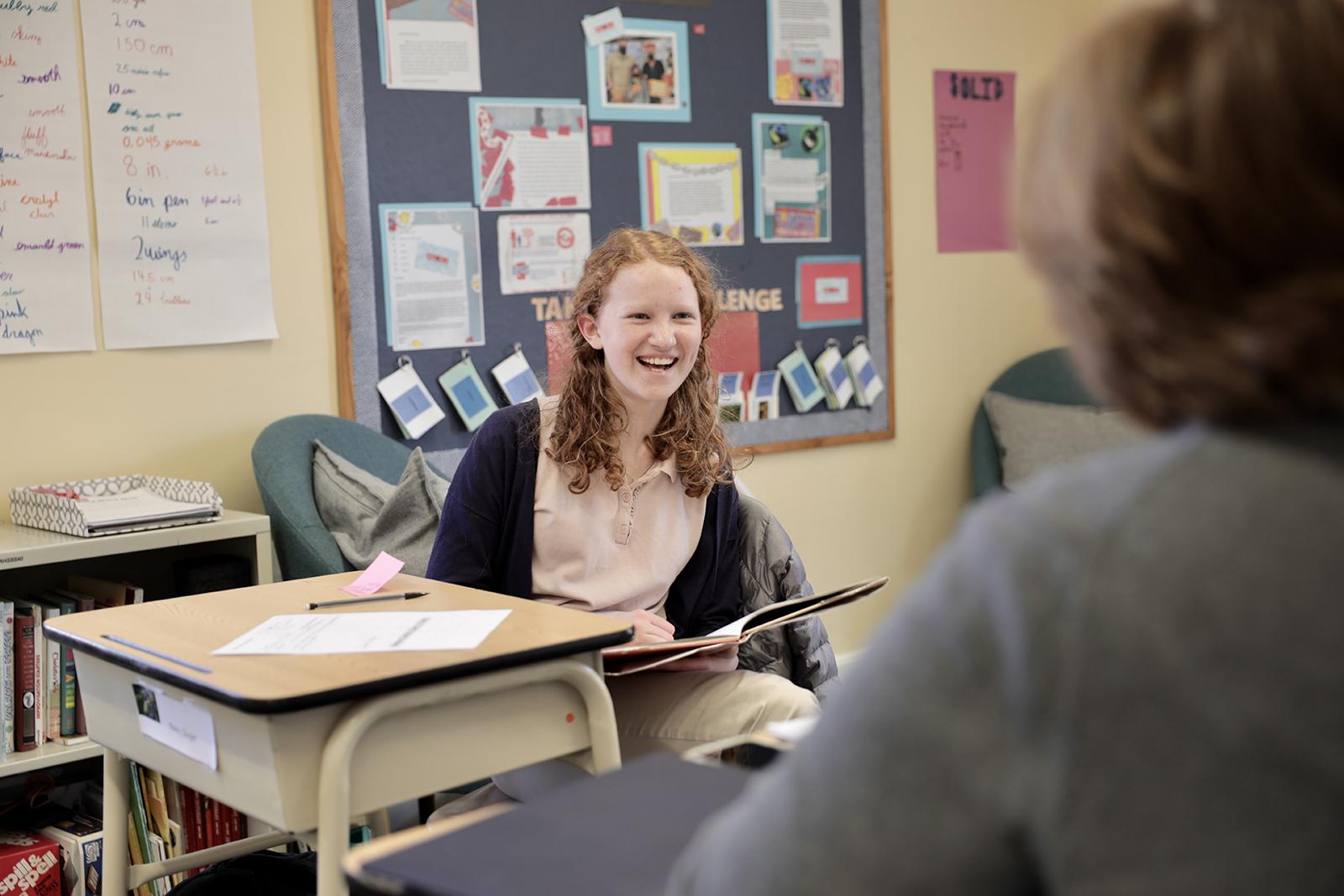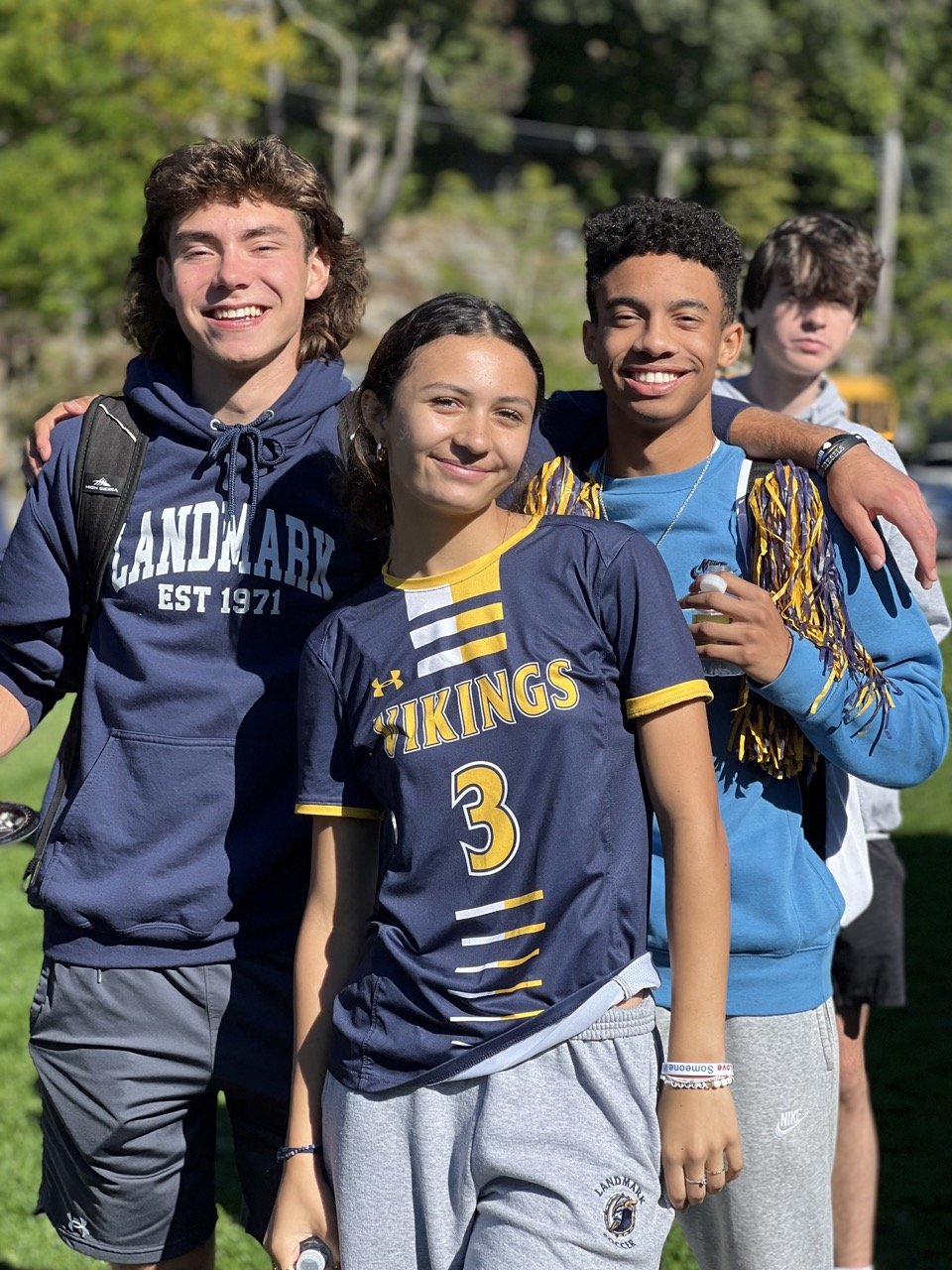- Our School
- Our Advantage
- Admission
- Elementary•Middle School
- High School
- Summer
- Giving
- Parent Resources
- For Educators
- Alumni
« Back
Asking for Help
March 24th, 2014
By Nicole Subik
Why is it that many of us view asking for help as a sign of failure?
If you are traveling from Point A to Point B and stop to ask for directions along the way, does that mean that you failed? Didn’t you make it to Point B? I call that success.
College students often struggle with seeking out help, and when they do reach out, they are frequently in what I call a failure mindset. They see signing up for a tutoring session as a last resort. And sometimes, quite frankly, students ask for assistance too late in the semester for it to salvage rotten grades. In those cases, to keep with the journey metaphor, they are too far off the course to make it to Point B without a major detour. Honestly, that is a frustrating situation for everyone—students, parents, and college personnel.
I would like to suggest a paradigm shift. Tutoring—probably the most popular and widely available support at the college level—should be seen as a place to stop along your journey, a place to replenish, get direction, and gain knowledge. Tutoring should be something you seek to help you get to your destination, not a refuge for when you are already broken down and out of fuel.
In order for college students to make the most of their tutoring sessions and other academic supports, they must buy into this paradigm shift. Arriving to a session with a failure mindset shuts you off from the interactive process that is so vital to this proven one-on-one interaction. The same goes for academic coaching, an increasingly popular support for college students who want help with time management and study skills.
Parents, teachers, and college personnel can help students seek out help early and consistently by not only making sure students are aware of resources, but by framing those resources as positive and natural parts of the educational journey. Before they even go to college, start talking about supports available. The more we can lead our students away from asking for help only when they are in serious trouble, the better off they will be. Successful college students are proactive, not reactive about seeking out academic support.
About the Author

Nicole Subik is Director of Learning Support Services at Villanova University.
Posted in the category Learning.








.jpg?v=1652115432307)












